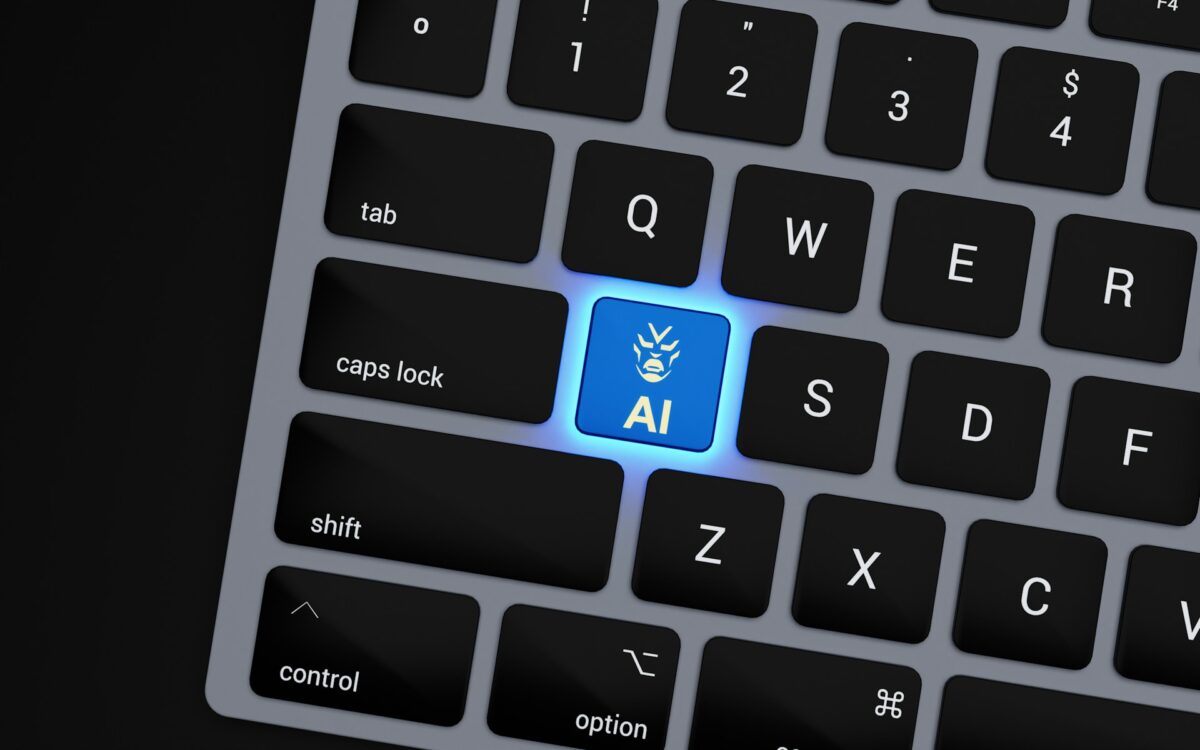I finally finished another year of college, and I’m excited to share my experiences. This year was different for me because I heavily relied on AI tools, not just for writing code, but also for automating tedious university emails.
One of the most valuable lessons I learned in university wasn’t about operating systems or data structures, but rather the true nature of AI models.
The Pitfalls of Over-Reliance on AI
I thought I could simply hand over a project from my programming course to ChatGPT and receive the best project ever, or at least something that would help me pass.
I provided the AI with my entire idea, including a flowchart and defined rules, and it generated the full code for me.
At first, it seemed like a perfect solution. However, I later noticed some small issues and decided to fix them. Instead of reading through the code, I asked the AI to make the corrections for me. To my dismay, it only made things worse. I tried again, and again, and the results continued to deteriorate. What was going on?
Eventually, I decided to read the code myself, and it was a painful experience. The code was poorly written and difficult to understand. Because I hadn’t started the project on my own, nothing reflected my style or approach.
Relying on AI for debugging became a frustrating cycle. I spent ten days on that project when I could have completed it in three. It was a miserable experience.
AI Is Not Magic
AI is not a magic solution. If you’re involved in AI development, you’ll quickly realize that the reasoning behind AI models is often flawed. While AI can be a great resource for reminders and quick solutions, much like Stack Overflow, it struggles with generating new ideas and often produces disorganized outputs.
Updating AI-generated code is a headache. I would much rather spend two days writing my own code than two days deciphering and debugging AI-generated code.
Let’s not even get started on security. The security of AI-generated code is often inadequate, and I don’t want to repeat myself about the risks involved.
So, what should you do? Start your project on your own. Begin coding independently and use AI as a tool for assistance when needed. AI should not be the foundation of your work; it should provide materials for you to build upon.
The Advantages of Writing Your Own Code
Writing your own code has numerous advantages: it reflects your style, incorporates your knowledge, and allows you to update it easily. In contrast, AI-generated code often has flaws, including security vulnerabilities, disorganization, unnecessary comments, and convoluted steps for simple tasks.
While AI can speed up the writing process, complete reliance on it can steal your debugging time. Writing code for ten hours is far more productive than spending ten hours debugging AI-generated code. Can we all agree on that?
Start Your Next Project on Your Own
What I’ve learned is that it’s best to start your projects independently, using classic methods. If you dislike traditional approaches, consider revisiting them. Begin with an empty C file or whatever language you’re using, and seek AI assistance for straightforward tasks, like finding a specific function in a library.
Python, for instance, is already quite close to human language. You don’t need to write a hundred words to AI to create a simple Python script; that will only take more time.
Projects are waiting for you to start, and AI is there to make the process easier, not to initiate it for you.



